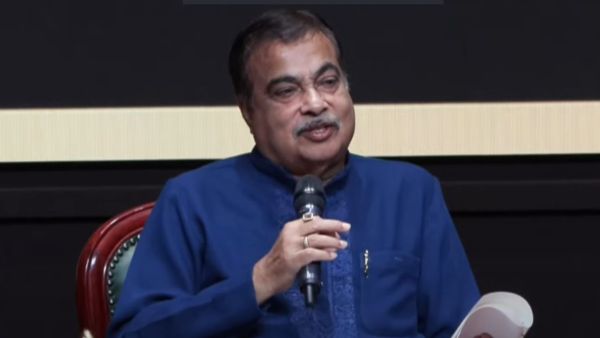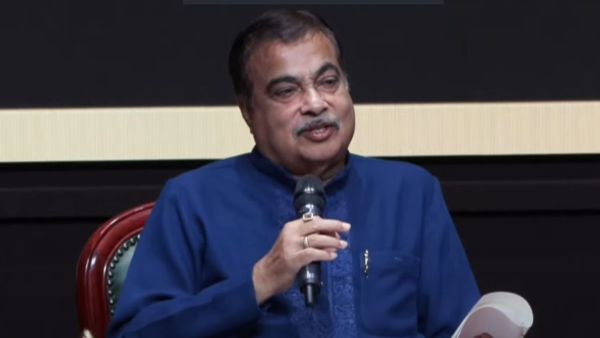

Union Minister Nitin Gadkari
Experts estimate that the auto sector may benefit the most of GST reforms. This is the reason that auto companies have announced to reduce the price of their vehicles. On the other hand, the country's Union Minister Nitin Gadkari has given a new mantra of earning. Also, a big message has been given to the auto industry. He says that if all the 97 lakhs of the country's upfits and polyuteid vehicles are scraped, then India can benefit from GST of Rs 40,000 crore.
Speaking at the annual meeting of ACMA, Gadkari said that this comprehensive cleaning campaign will not only increase the government revenue. Rather, 70 lakh jobs will also be created and within five years, India's efforts to become the world's number one automobile industry will be strengthened. Let us also tell you what they have…
According to the report, in the present time, the situation of scraping has been seen quite modest. By August 2025, only 3 lakh vehicles have been scraped, of which 1.41 lakh were government ownership. On average, 16,830 vehicles are being scored every month. The private sector has invested Rs 2,700 crore in the construction of this ecosystem.
India's vehicle scrapping policy, also known as Volunteer Vehicle Fleet Modification Program (V-VMP), is designed to remove old, unsafe and polluting vehicles in an environmentally friendly manner.
According to the report, Gadkari urged the automobile makers to encourage scraping by giving a discount of at least 5 percent to customers presenting scrap certification while purchasing a new vehicle. He said that this is not donation, because it will increase the demand. He said that the cycle industry of scraping and replacement can keep the demand strong.
According to Gadkari, effective implementation of the scrapage policy can reduce the cost of automobile parts by 25 per cent, as recycle steel, aluminum and other materials will be brought back to the supply chain. Also, removing 97 lakh unfit vehicles in a phased manner will reduce emissions, reduce fuel consumption and improve road safety standards.
The minister emphasized the future of India. According to him, the size of India's current automobile industry is Rs 22 lakh crore. While China is a size of Rs 47 lakh crore and America is a size of Rs 78 lakh crore. Gadkari announced that I am confident that we will make India's automobile industry number one in the world in the next five years.
India currently spends 22 lakh crore rupees annually on import of crude oil, which Gadkari described as unthinkable. Pollution related to these imports makes this problem even more serious. To reduce dependence, he insisted on diversifying agriculture in energy. He has spoken of increasing ethanol production from sugarcane, broken rice and other crops. More mixing of ethanol in petrol, India is already moving from E20 to E27. He informed that Brazil has been running on 27 percent ethanol-Mishrit petrol for 49 years.
Gadkari did not limit to vehicles and fuel. He also paid attention to road safety crisis in India, where by 2023, 5 lakh accidents and 1.8 lakh deaths occurred, of which two-thirds of accidents were 18-34 years old. He said that energy security is very important from a global point of view… is now global instability. He said fuel policy, scraping and security adding under a single umbrella of national security.
The Automotive Research Association of India (ARAI) is currently testing the compatibility of E27 fuel. After getting the approval, the proposal will go to the Ministry of Petroleum and then the cabinet. If the scrappage campaign is promoted and ethanol is adopted, then Gadkari believes that it can bring a new change in India's auto economy, reduce pollution and energy freedom can be strengthened.